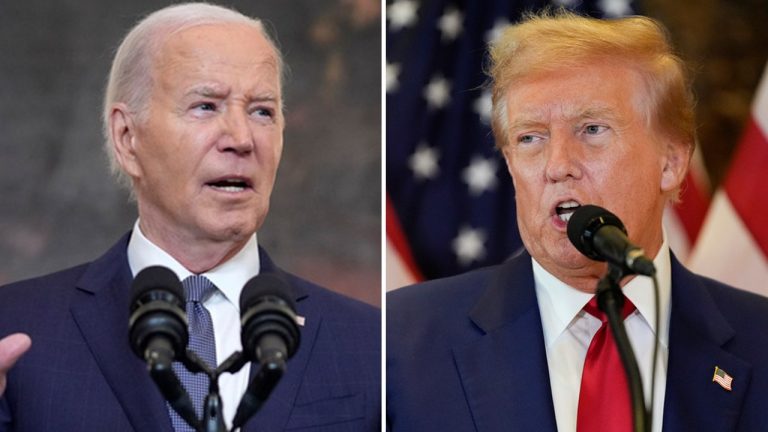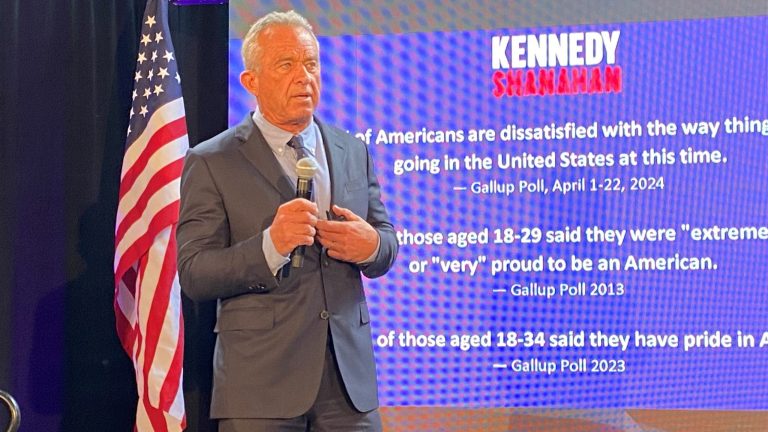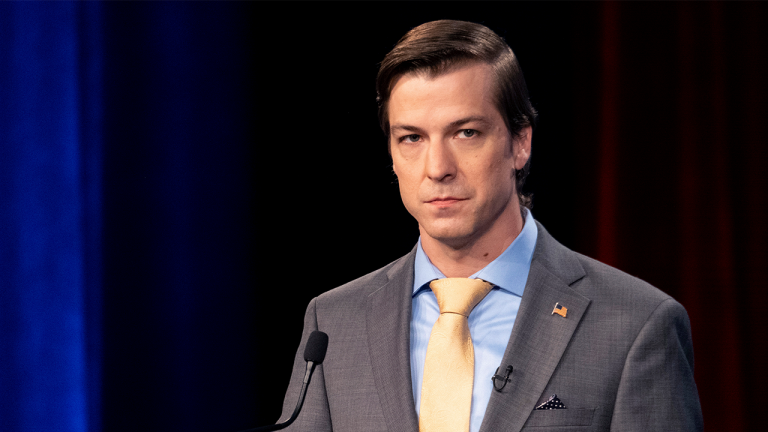Biden administration reminds doctors about emergency abortions.
Emergency abortion access for pregnant women to save their health is a critical issue being addressed by the Biden administration in a recent letter sent to medical professionals in response to a Supreme Court ruling. Health and Human Services Secretary Xavier Becerra and Centers for Medicare and Medicaid Services Director Chiquita Brooks-LaSure emphasized the importance of hospitals providing stabilizing treatment, which includes emergency abortions, in emergency situations. The letter highlighted the need to ensure that pregnant women receive necessary medical care without fear of being denied treatment in emergency rooms.
The Supreme Court’s recent ruling in the case of doctors in Idaho being required to perform emergency abortions despite the state’s near-total ban has brought attention to the legal implications surrounding emergency medical care for pregnant women. The court’s decision underscores the federal law mandating hospitals to provide stabilizing treatments to patients, even if it conflicts with state abortion laws. This ruling has raised questions about the balance between state authority and federal regulations in the realm of healthcare.
The Biden administration’s letter reinforces the significance of complying with federal laws, such as the Emergency Medical Treatment and Active Labor Act (EMTALA), which ensures that healthcare providers offer stabilizing treatment, including abortions, in emergency situations. Failure to adhere to these regulations can result in severe consequences for hospitals, such as federal investigations, substantial fines, and loss of Medicare funding.
In Idaho, the enforcement of the federal law regarding emergency abortions was temporarily halted due to the state’s strict abortion ban, which came into effect earlier this year. The Defense of Life Act in Idaho prohibits medical providers from performing abortions, with exceptions made only for cases of rape, incest, or when the mother’s life is at risk. This law has raised concerns about the conflicts between state abortion restrictions and federal mandates regarding emergency healthcare services.
Proponents of states’ rights have criticized the Biden administration for what they perceive as federal overreach in healthcare matters, particularly related to abortion access. The debate over the scope of federal authority versus state autonomy has intensified following recent Supreme Court decisions, such as the Dobbs ruling, which granted states more leeway in regulating abortion services.
Overall, the issue of emergency abortion access for pregnant women in critical health situations remains contentious, with legal and ethical considerations at the forefront of the debate. The intersection of federal laws, state regulations, and medical ethics continues to shape the landscape of healthcare policy and practice, raising complex challenges for policymakers, healthcare providers, and patients alike.








